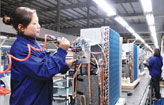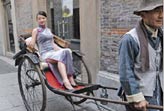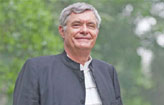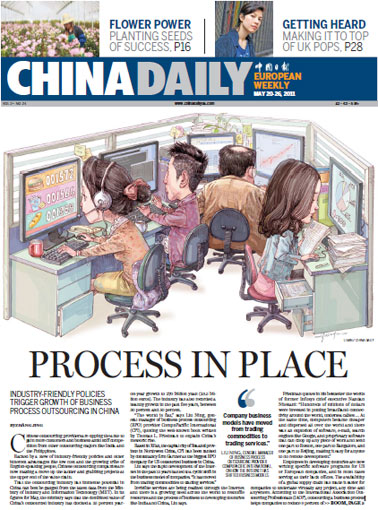Politics
Killings of journalists go unsolved in Honduras
Updated: 2011-05-25 22:46
(Agencies)
TEGUCIGALPA, Honduras - The second attack on a Honduran journalist is less than week comes with the usual measure of doubt over whether it was a personal attack, robbery or a way to silence a public critic in one of the worst countries for press freedom in the hemisphere.
No one has yet been arrested in the May 19 killing of Honduran TV station owner Luis Mendoza, though five men have been detained in connection with Monday's shooting of newspaper manager Manuel Acosta, though none has yet been charged. It is a rare case in which the victim survived. Acosta managed to drive home after being shot six times.
Despite the government's repeated assurances it is looking into the killings, press groups cite "a systematic failure" of law enforcement to solve all but two of 13 journalist killings over the past 18 months as well as many more non-lethal attacks.
Mendoza's case is in some ways typical in a country where reporting isn't very lucrative and many journalists have other jobs or business interests. In addition to owning the Channel 24 TV station, he had coffee, real estate and farming interests.
Police officials note that business owners in Honduras are often targets for extortion or kidnapping by street gangs or drug cartels.
But the way Mendoza was killed, and his car burned in the provincial city of Danli, didn't look like a simple robbery of a well-heeled media owner.
"The way they killed him suggest organized crime. They got out with AK-47 rifles and 9-mm pistols," said Carlos Lauria, the Americas coordinator for the New York-based Committee to Protect Journalists.
Even in a violence-plagued country of 7.7 million people, where the homicide rate of about 77 per 100,000 puts it among the highest in the Western Hemisphere, many groups feel there just seems to be too many focused, selective attacks on journalists for it to be a coincidence.
The Inter-American Press Association said in a report last month that Honduras is one of the most dangerous countries for journalists in the hemisphere.
"Aggression, intimidation, and threats against reporters and media executives have continued, as a consequence of the political crisis of June 2009 and the surge of organized crime and narco-trafficking," the press group said, referring to a coup that deposed President Manuel Zelaya two years ago.
The report quoted Honduras' vice minister of security, Armando Calidonio, as saying none of the murders of journalists in 2010 was related to their work.
Acosta, manager of the daily newspaper La Tribuna, was ambushed as he drove home from work in Tegucigalpa. Attackers boxed him in between two vehicles and sprayed his car with gunfire. The 70-year-old Acosta somehow survived and drove home despite his wounds; his family took him to a hospital.
Co-workers said Acosta didn't have other business interests, and no known conflicts with anyone.
"Yes, the problem of common crime is shocking, but his car had 30 bullet holes in it," noted Lauria at the Committee to Protect Journalists.
E-paper

Thawing out
After a deep freeze in sales during the recession, China’s air conditioner makers are bouncing back
Cool Iron lady
Of good and evil
Build on security initiatives
Specials

Memory lanes
Shanghai’s historic ALLEYS not just unique architecture but a way of life

Great expectations
Hong Kong-born singer songwriter rises to the top of the UK pops.

A diplomat of character
Belgian envoy draws on personal fascination to help build China ties.
